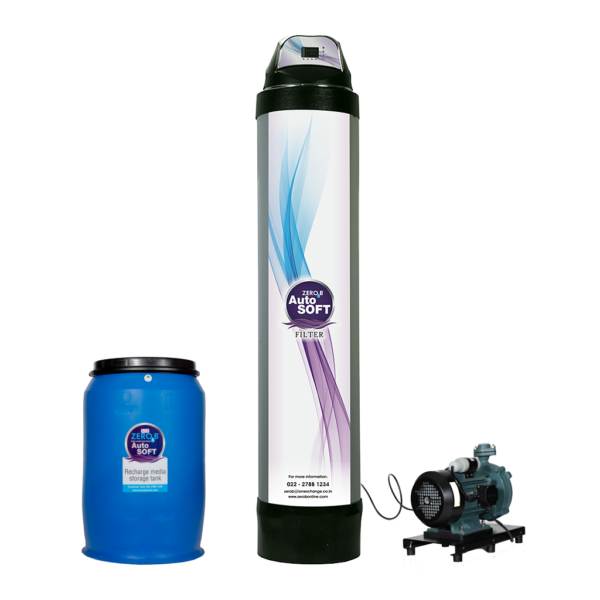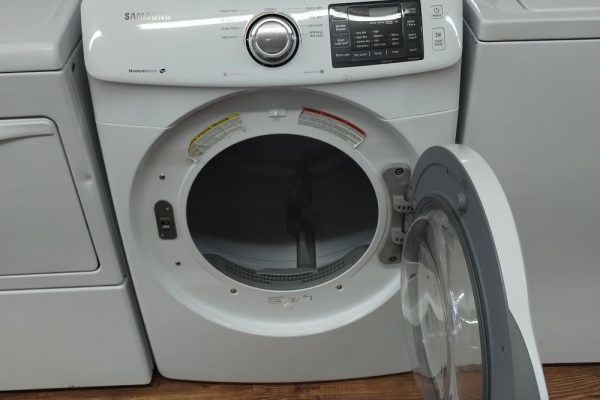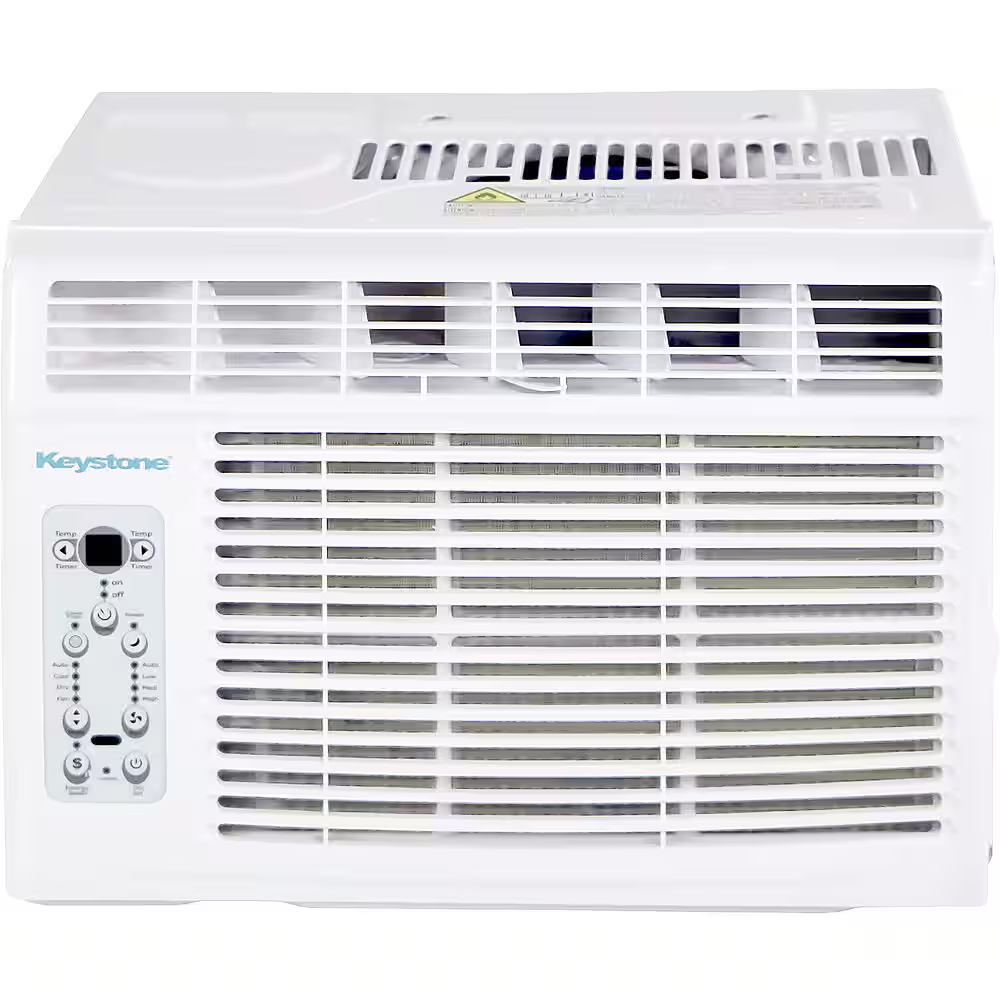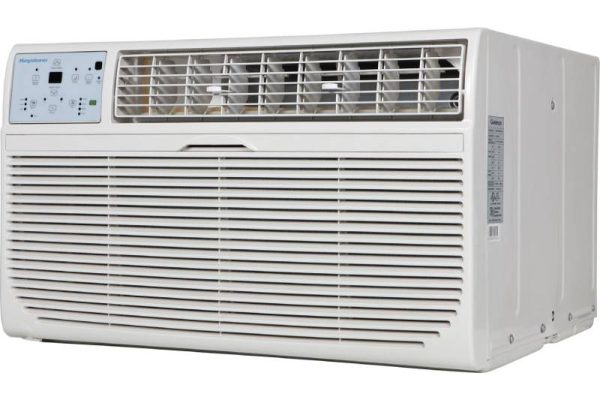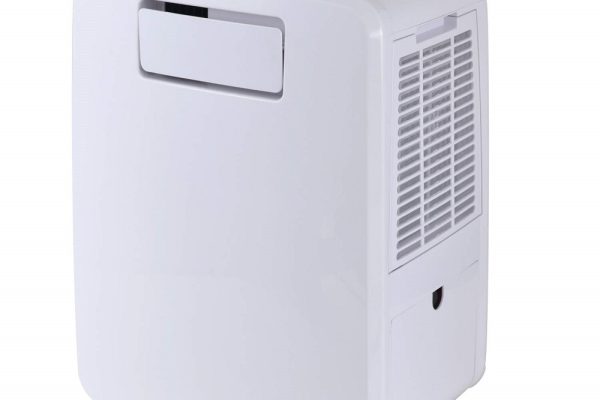What Are Soft Water Conditioners?
Soft water conditioners are systems developed to improve the quality of water. They address issues like hardness, scale formation, and mineral deposits in water used at home and businesses. Unlike traditional water softeners, they do not remove minerals entirely but modify their properties to reduce negative effects.
Overview of Water Conditioning Systems
Water conditioning systems are designed to treat hard water issues without removing beneficial minerals. They often use technologies that alter the chemical structure of hard minerals, making them less prone to creating limescale buildup. These systems provide cleaner, safer water for drinking, washing, and other daily activities.
There are several types of conditioning systems, such as salt-based, salt-free, magnetic, and electronic systems. Each type works differently, offering unique benefits depending on the user’s needs and water hardness levels. They are widely used to prolong the life of appliances, reduce maintenance, and improve water quality.
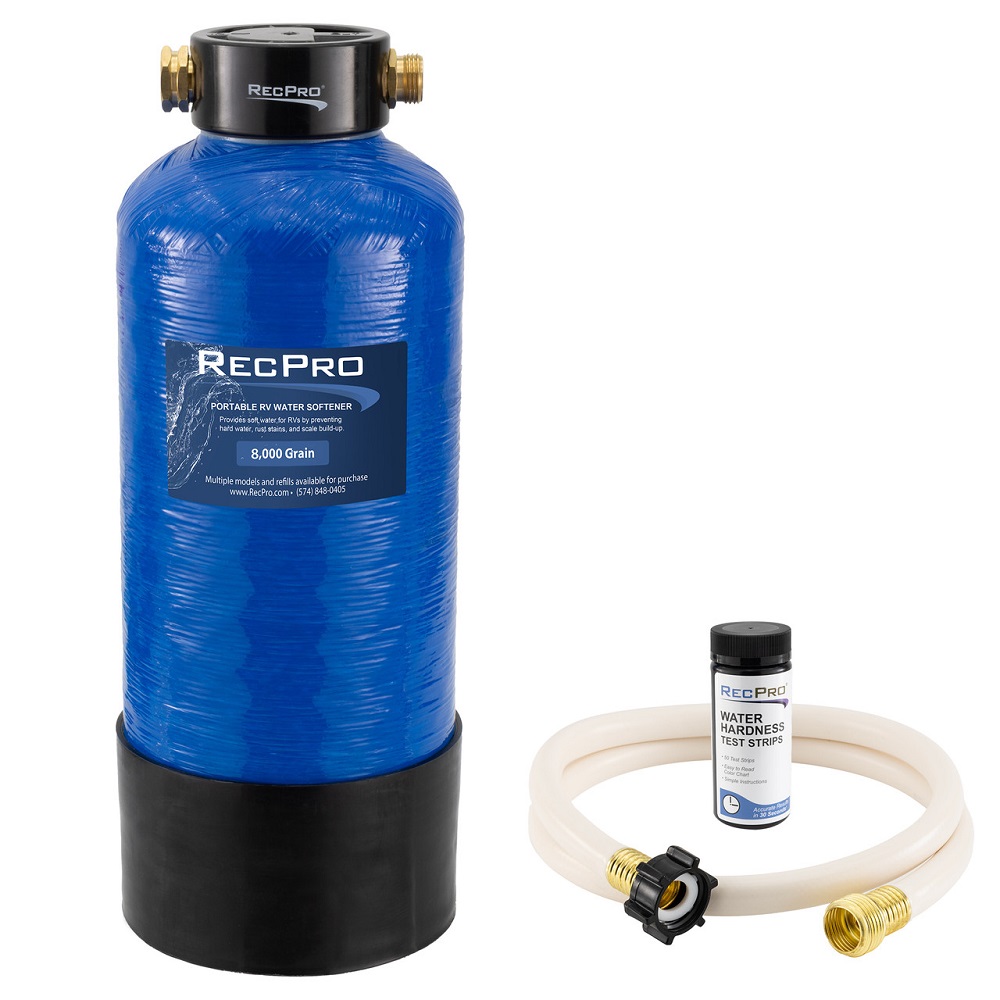
Difference Between Water Softeners and Conditioners
Water softeners and conditioners differ in their approach to treating hard water. Softeners use salt-based technology to remove calcium and magnesium ions that cause hardness. Conditioners, however, do not remove these minerals. Instead, they alter their form to minimize scale buildup and improve usability.
Soft water conditioners are often preferred for environments where maintaining beneficial minerals in water is essential. They are also ideal for users seeking an eco-friendly alternative that avoids salt and chemical usage. Understanding their operational distinctions helps homeowners choose the right system for their specific water challenges.
Key Benefits of Using Soft Water Conditioner
Soft water conditioners provide numerous benefits for households and businesses. They improve water quality, reduce scale buildup, and lower overall maintenance costs for appliances. These advantages make them a valuable investment for managing hard water issues effectively.
Improvement in Water Quality
Soft water conditioners enhance water quality by modifying the behavior of hard minerals. They prevent minerals from forming deposits while retaining beneficial nutrients in water. This results in water that feels softer, tastes better, and is safer for drinking and household use. By reducing impurities, they also improve the efficiency of soaps and detergents.
Reduction in Scale Build-Up
Scale buildup can damage pipes, appliances, and fixtures over time. Soft water conditioners address this issue by preventing the formation of limescale deposits. Their advanced technologies alter mineral structures to minimize scaling. This ensures smoother water flow, longer plumbing life, and reduced need for frequent cleaning.
Lower Maintenance Costs for Appliances
Hard water can cause appliances to wear out faster due to mineral deposits. Soft water conditioners protect appliances by reducing mineral-related damage. This extends the lifespan of washing machines, dishwashers, water heaters, and more. Additionally, lower repair and replacement costs contribute to significant savings for households and businesses.
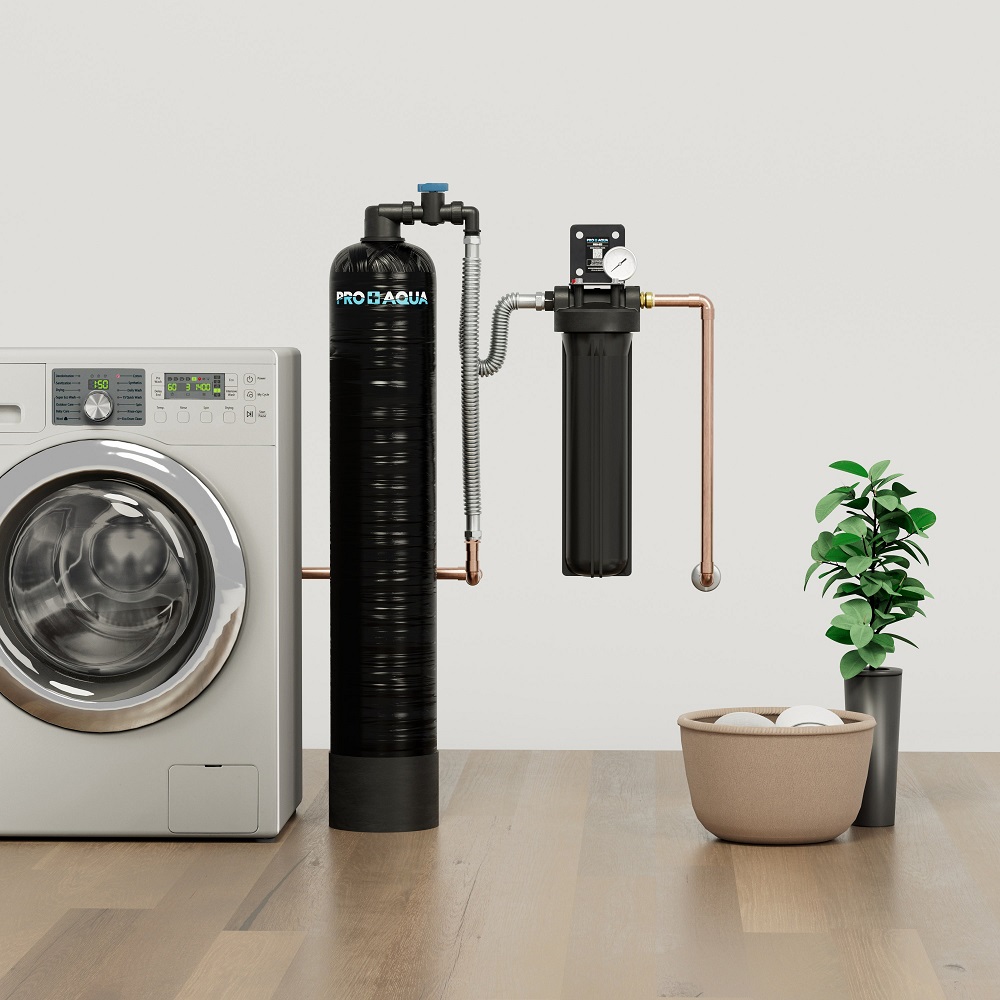
How Soft Water Conditioners Operate
Soft water conditioners operate using advanced techniques to treat hard water problems. They modify minerals in water, reducing their ability to cause damage. These technologies make minerals less reactive, preventing scale buildup and ensuring smoother operation of water systems.
The Science Behind Soft Water Conditioning
Soft water conditioners rely on processes that alter the chemical or physical structure of minerals. Hard water contains calcium and magnesium, which lead to scale deposits. These systems transform these minerals into a state where they do not bind easily to surfaces.
This process doesn’t remove minerals from the water. Instead, it neutralizes their negative effects. Some soft water conditioners use electromagnetic fields to change the behavior of these minerals. Others use catalytic processes to achieve the same result. The treated water is healthier for use and less harmful to appliances and plumbing.
This science ensures that you benefit from minerals without dealing with hard water issues. By preventing mineral buildup, these systems protect appliances and reduce wear-and-tear in household systems.
Common Technologies Used in Soft Water Conditioners
There are several technologies used in soft water conditioners. Here are the most common:
- Electronic Descaling Systems: These systems use low-frequency electromagnetic waves. The waves modify mineral behavior, preventing scale formation. They are highly effective and eco-friendly.
- Template-Assisted Crystallization (TAC): TAC systems use catalytic media to crystallize minerals. These crystals remain suspended and do not stick to surfaces. It is a salt-free and maintenance-free technology.
- Magnetic Water Conditioners: These conditioners use magnets to alter mineral structure. Hard water minerals become less adhesive, reducing deposits.
Each technology offers unique benefits. Homeowners should select one based on their water conditions and treatment needs. Soft water conditioners bring a balance of efficiency and eco-friendliness, making them a great choice for managing hard water.
Types of Soft Water Conditioner Available
Soft water conditioners come in various types, each designed for specific water treatment needs. By understanding the options, homeowners can choose the most suitable system for their requirements. Below, we outline three common types of soft water conditioners.
Salt-Based Systems
Salt-based systems are traditional water softeners widely used in many households. These systems replace calcium and magnesium ions in hard water with sodium or potassium ions. This ion exchange process removes minerals responsible for water hardness, providing truly softened water.
Benefits of Salt-Based Systems:
- Completely eliminates hard water minerals, offering maximum protection against scale.
- Improves the effectiveness of soaps and detergents.
- Extends the lifespan of appliances and plumbing systems.
Considerations:
- Requires regular refilling of salt or potassium.
- May not be suitable for people on low-sodium diets.
- Produces wastewater during the regeneration process, impacting environmental sustainability.
Salt-Free Conditioning Systems
Salt-free conditioning systems are an eco-friendly alternative to traditional softeners. These systems do not remove minerals but condition them to prevent scale buildup. A popular example is Template-Assisted Crystallization (TAC) technology.
Benefits of Salt-Free Systems:
- Requires no salt or chemicals, making them maintenance-free.
- Retains healthy minerals in the water while reducing scaling issues.
- Cost-effective and environmentally friendly.
Considerations:
- May not soften water in the traditional sense, as no minerals are removed.
- Works best for moderate hardness levels rather than extremely hard water.
Magnetic and Electronic Water Conditioners
Magnetic and electronic water conditioners use electric or magnetic fields to alter mineral behavior. These systems make minerals less likely to adhere to surfaces, reducing scaling.
Benefits of Magnetic and Electronic Systems:
- Simple to install and operate, with no need for chemicals or salt.
- Energy-efficient and ideal for households seeking minimal maintenance.
- Helps improve water flow and prolongs plumbing life.
Considerations:
- Effectiveness may vary depending on water hardness and flow rate.
- May not provide full protection for appliances in extremely hard water conditions.
By considering the advantages and limitations of each type, homeowners can pick the right soft water conditioner for their specific needs.
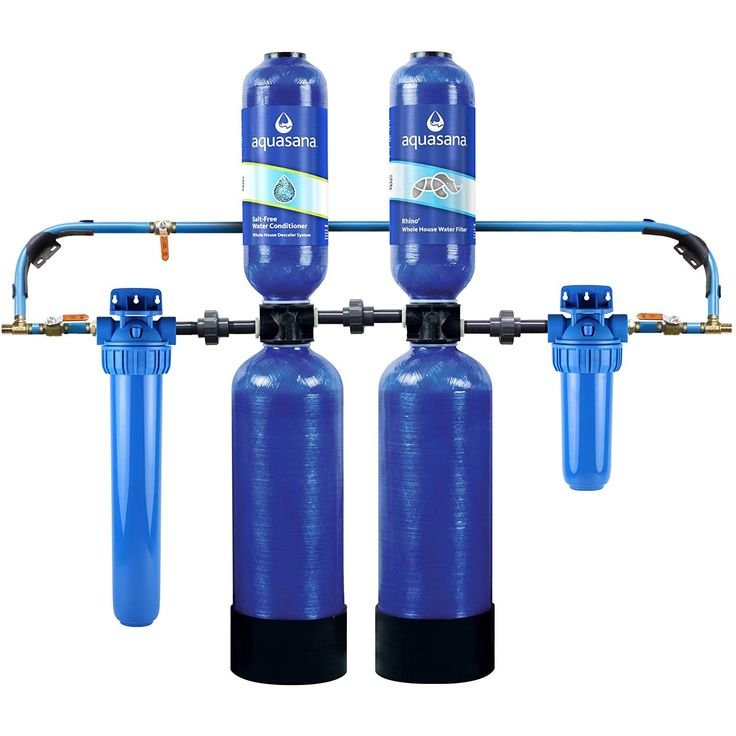
Installation and Maintenance of Soft Water Conditioner
Proper installation and maintenance are crucial for getting the most out of soft water conditioners. A well-installed system operates efficiently, while regular care ensures lasting performance. Below, we detail the steps for installation and provide tips for longevity.
Step-by-Step Installation Process
- Choose the Proper Location: Select a place near your main water supply line. Ensure it is accessible for maintenance. Avoid areas exposed to extreme temperatures.
- Turn Off the Water Supply: Before starting, turn off the main water line. Open nearby faucets to release water pressure.
- Install the Unit: Connect the soft water conditioner to the mainline using the provided fittings. Ensure a tight and secure connection to prevent leaks.
- Configure Electrical Supply (if applicable): If the system uses electricity, connect it to a nearby power outlet. Follow safety guidelines during this step.
- Test the System: Turn the main water supply back on. Run water through the system to check for leaks and proper functioning. Adjust settings as needed.
- Finalize Installation: Secure all connections and follow the manufacturer’s guidelines for system calibration.
Tips for Proper Maintenance and Longevity
- Regularly Inspect for Damage: Check the system for visible signs of wear, leaks, or malfunction. Address issues promptly.
- Clean or Replace Components: Salt-free systems may require periodic cleaning of the media. Replace filters or parts based on the manufacturer’s recommendations.
- Monitor Water Flow: Ensure your water flow remains consistent. Reduced flow may indicate scaling or blockages.
- Schedule Routine Maintenance: Perform maintenance as instructed by the product manual. Routine care prevents breakdowns.
- Check Power Supply: For electronic or magnetic conditioners, inspect the electrical components to ensure proper operation.
- Keep the Area Clean: Prevent dirt and debris from accumulating around the system. This helps avoid operational issues.
By following these steps and maintenance tips, your soft water conditioner will serve you effectively for years. Good care not only extends its life but also enhances your water quality while protecting your home appliances.
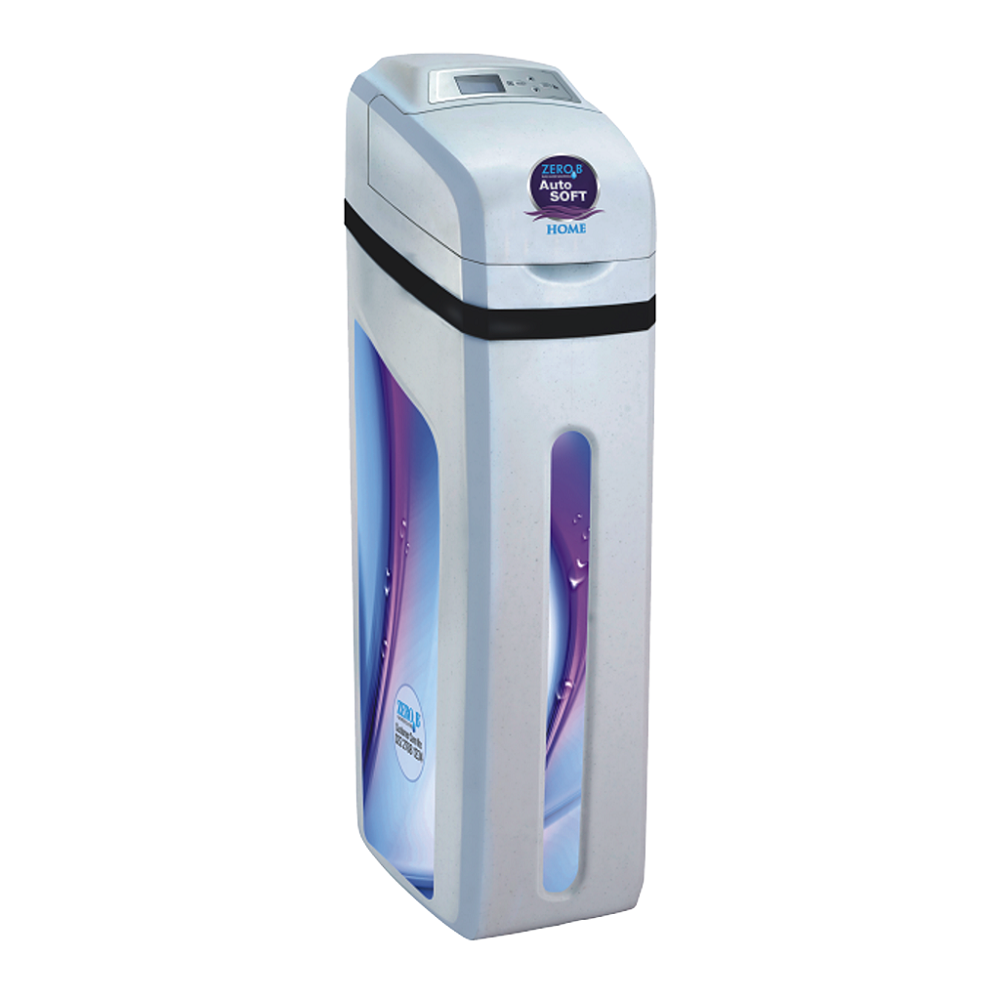
Comparing Soft Water Conditioner to Traditional Water Softeners
When deciding between soft water conditioners and traditional water softeners, understanding their differences is crucial. Each system has unique advantages and disadvantages, making them suitable for distinct needs. Below, we explore their key aspects to help you make an informed choice.
Pros and Cons of Each System
Soft Water Conditioners
Pros:
- Retain beneficial minerals in water while reducing scale buildup.
- Do not require salt or chemicals, making them eco-friendly.
- Lower maintenance needs and no salt refilling required.
- Easy to install and operate, even in older plumbing systems.
- Better suited for moderate hard water conditions.
Cons:
- Do not completely remove calcium and magnesium from water.
- Effectiveness may vary based on water hardness levels.
- May not provide traditional “soft” water benefits like increased soap suds.
Traditional Water Softeners
Pros:
- Remove hard water minerals completely, softening water effectively.
- Prevent scale buildup entirely, offering comprehensive protection for appliances.
- Improve soap and detergent performance significantly.
- Reliable and proven technology for treating very hard water.
Cons:
- Require regular salt replenishment and produce wastewater during operation.
- Not suitable for areas with salt restrictions or individuals on low-sodium diets.
- Higher maintenance and operational costs over time.
- Environmental impact due to brine discharge.
Cost Considerations and Efficiency
Initial Investment
Soft water conditioners often have a lower upfront cost compared to traditional water softeners. Installation is generally simpler, further reducing expenses.
Traditional water softeners typically require a higher initial investment. This includes the cost of the unit and professional installation.
Long-Term Costs
Soft water conditioners are cost-efficient in the long run due to minimal maintenance needs. They do not require regular salt purchases, saving money over time.
Traditional water softeners may incur higher long-term costs. Expenses include salt refills, maintenance, and potential environmental fees for brine disposal.
Efficiency
Soft water conditioners excel in energy efficiency and sustainability. They do not produce wastewater or rely on electricity for basic operation.
Traditional water softeners are effective but less eco-friendly. Regeneration cycles consume water and energy, raising operational costs.
By comparing the pros, cons, costs, and efficiency of both options, you can choose the system that best meets your needs and values.
Frequently Asked Questions about Soft Water Conditioner
Are They Suitable for All Types of Homes?
Soft water conditioners fit a wide range of homes. Their installation depends on water hardness and plumbing. They work well in apartments, houses, and buildings with moderate hard water. For extremely hard water, some systems may be less effective. They are ideal for eco-conscious homeowners seeking chemical-free solutions. Small homes benefit from compact systems that save space. Larger properties may require advanced units for higher water volumes. Always check system requirements before buying.
Environmental Impact of Soft Water Conditioners
Soft water conditioners are eco-friendly compared to traditional softeners. They use salt-free technology, reducing chemical waste. They don’t produce brine wastewater, which harms the environment. Magnetic and electronic systems consume minimal energy, lowering carbon footprints. Their maintenance-free design further reduces environmental impact over time. By retaining beneficial minerals, they promote sustainable water use. Choose conditioners if green solutions are a priority in your home.
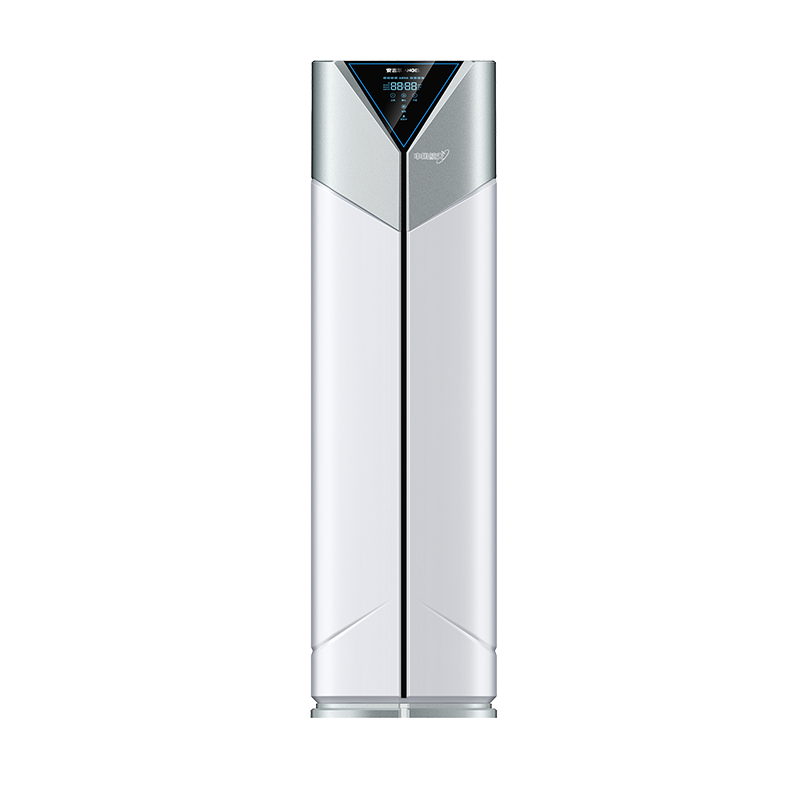
Embrace the Benefits of Soft Water Conditioner
In conclusion, soft water conditioners are essential tools for improving water quality in your home. They effectively reduce hard minerals, enhance the efficiency of cleaning products, and provide numerous benefits for daily life. By understanding the various types, features, and installation processes of soft water conditioners, you can make informed decisions that cater to your specific needs.
Invest in Quality
Investing in a reliable soft water conditioner can yield significant long-term benefits. Choose a system that aligns with your preferences and water quality needs. Ensuring quality in your purchase will enhance your experience with softened water.
Enjoy the Advantages
As you transition to softened water, take time to enjoy the advantages it brings. Experience the ease of cleaning, improved laundry results, and overall comfort that softened water provides. Embrace the differences and transform your household’s water quality for the better.
Stay Informed
Stay informed about new advancements and trends in water treatment technology. As innovations arise, new solutions may enhance your water quality even further. By staying educated, you can continue to adapt to your household’s needs and ensure a healthy, efficient living environment. Soft water conditioners represent a step towards achieving better water quality and an improved lifestyle in your home.
